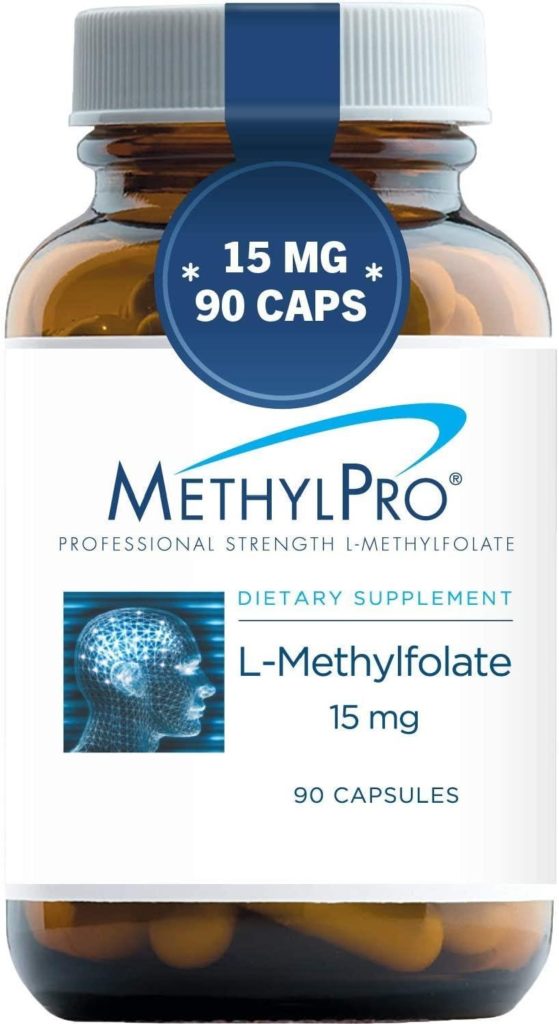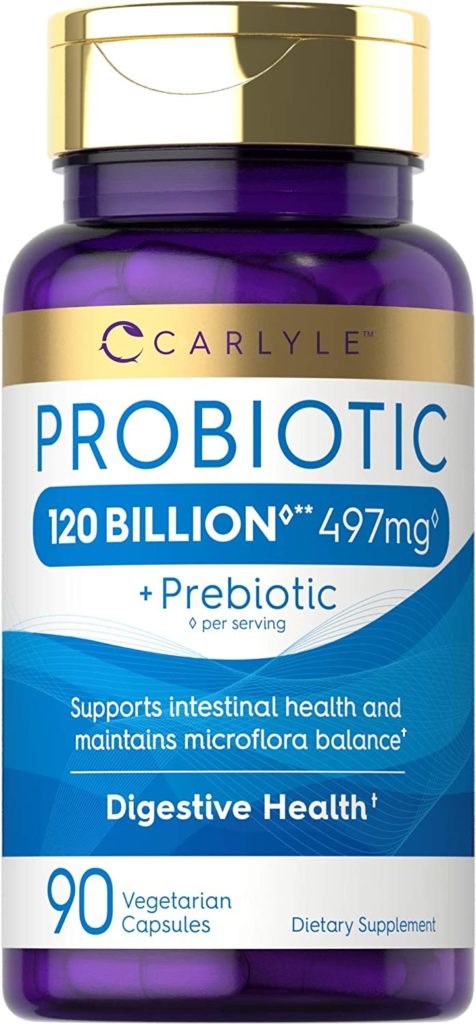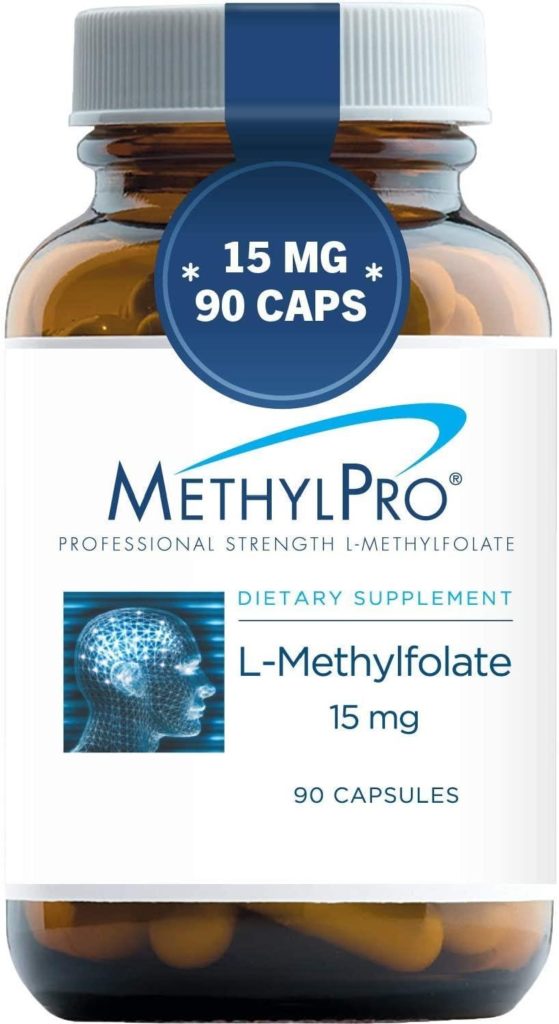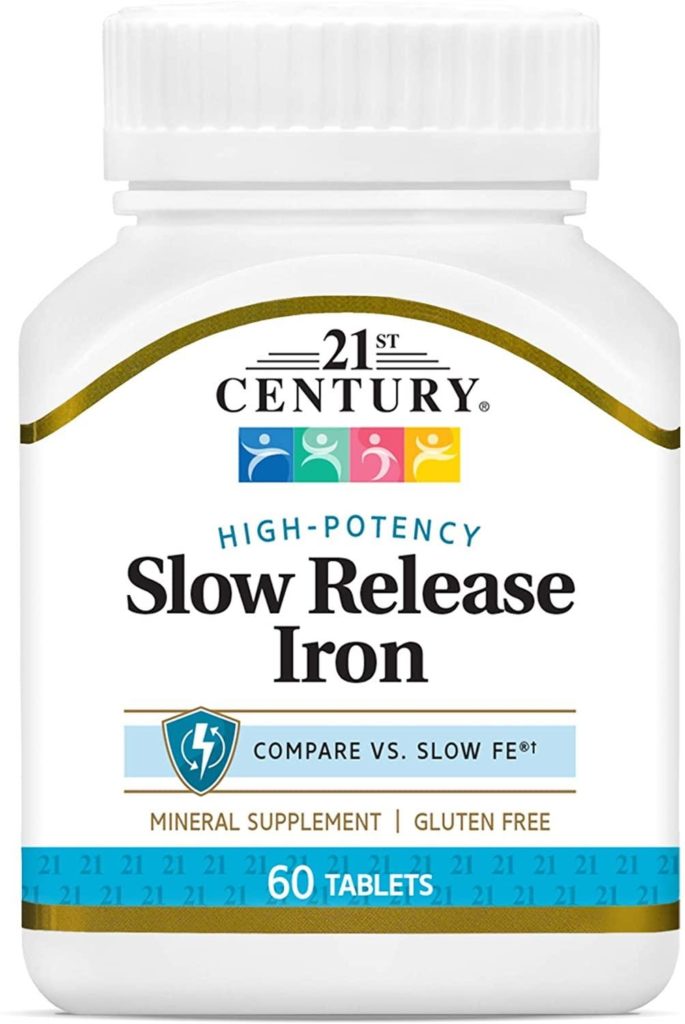Supplements are products used to make up for a nutritional deficiency or prevent it. In this post, we will be focusing on supplements for pregnancy.

Dietary supplements are designed to increase your daily intake of nutrients like vitamins and minerals and other helpful compounds like amino acids, phytochemicals or herbal extracts, fatty acids, animal extracts, probiotics, herbs, and enzymes.
These supplements are sold in the form of liquids, powders, gel caps, soft gels, capsules, and tablets.
Ideally, all your nutrients are supposed to come from a healthy and balanced diet. However, this is not the case today as fast foods and junks are the order of the day.
This can lead to nutritional deficiencies which can affect your pregnancy and even your health.
*As an Amazon Associate I earn from qualifying purchases. This post may contain affiliate links from Amazon or other publishers I trust (at no extra cost to you). See disclosure for details.
If you have a healthy diet and exercise properly, you wouldn’t be needing any dietary supplements. They are not necessary unless you have a deficiency or a doctor prescribes it.
Also, to make the supplements you are taking effective, you have to adopt a healthy diet and exercise regularly, or else, you would just be supporting the supplement industry. They won’t work for you if your diet is not right.
You also have to take them cautiously, stick with the dose to avoid toxicity.
Whole Foods Are Better Than Supplements
We can’t overemphasize this enough, supplements cannot replace whole foods and a healthy diet. They can’t give you or replicate all of the nutrients and benefits of whole plant foods and a healthy diet.
Whole plant foods are foods that you take according to how they are in nature. You don’t process or remove any part of the plant. Examples are fruits, veggies, legumes, roots, and tubers, and herbs/spices.
Plants that have gone through processing are no more whole and they are less healthy. Example white flour is not healthy as compared to whole wheat flour.
Whole plant foods have many advantages over supplements, but here are 3 of them.
1. Whole plant foods are complex. They contain a lot of nutrients, micronutrients, and phytochemicals that your body needs.
2. They contain essential fiber. Whole plant foods like whole grains, legumes, fruits, and vegetables contain lots of nutrients and dietary fiber that can help with gestational diabetes, type II diabetes, colorectal cancer, heart disease, and stroke.
3. They have phytochemicals which are protective substances that prevent damage and improve overall health. An example of these protective substances is antioxidants.
Benefits Of Dietary Supplements For Pregnancy

Dietary supplements for pregnancy will ensure that your body gets enough of the vital substances it needs to function and support the growth and development of your baby.
Dietary supplements for pregnancy benefits in the case of nutritional deficiency, trying to treat a condition using nutrients, and if your diet is not healthy enough due to reasons beyond your control, supplements for pregnancy can help you.
For instance, taking folate supplements during pregnancy can reduce the risks of birth defects in your baby.
Some supplements can help with hyperemesis gravidarum, a complication in pregnancy characterized by severe nausea and vomiting. This condition can lead to nutritional deficiencies and weight loss.
Some pregnant women on a restricted diet like the vegan diet or pregnant women who have allergies and food intolerances may need supplements to prevent nutritional deficiencies and give their bodies the support it needs.
Pregnant women who smoke need supplements like vitamin C and folate to reduce the harm done to the baby and themselves.
Pregnant women who are carrying more than one baby (multiple pregnancies like twins or triplets) need higher levels of micronutrients than women carrying just one baby.
Dietary supplements are used to ensure optimal nutrition for both mothers and babies.
There are some genetic mutations like methylenetetrahydrofolate reductase (MTHFR) that occur in humans. This gene converts folate into the form the body can use.
Pregnant women who have mutations in this gene need to supplement with specific forms of folate to avoid complications and birth defects.
Women affected by poor nutrition will need supplements during pregnancy.
Cons Of Dietary Supplements
Most supplements are not tightly regulated like pharmaceutical drugs. The FDA does not even know the effectiveness of most dietary supplements before they are shipped to the market. But most dietary supplements are safe, as long as you follow the instructions and have a healthy diet and also exercise.
However, taking large doses of dietary supplements or being on supplements for a long time has adverse side effects.
They can increase toxicity. This is why your diet remains the best source of nutrients because it is impossible to get an overdose of nutrients through a healthy diet.
Some of the dangers of toxicity (overdose or long term use of supplements) are:
- Vitamin K can reduce the effectiveness of warfarin and other blood thinners
- Vitamin E causes easy nosebleeds and bruising by increasing the action of blood thinners.
- Pyridoxine, vitamin B6 can cause severe nerve damage but this only happens when it is used for more than a year or at high doses. It can also reduce the effectiveness of anti-seizure drugs like phenytoin and drugs used to treat Parkinson’s disease like levodopa.
- Vitamin A can cause vitamin A toxicity
- Iron and calcium supplements can reduce the effectiveness of antibiotics by 40%.
- Vitamin C when taken in higher doses than the gut can absorb can cause diarrhea.
- Iron, boron, and selenium become toxic when taken in large amounts.
So, if you are taking dietary supplements in pregnancy, ensure that it is recommended by a doctor and you are sticking with the dose prescribed.
Why You May Need Dietary Supplements For Pregnancy
When you are pregnant, your body’s need for nutrients increases. This includes macronutrients (carbohydrates, proteins, and fats) and micronutrients (vitamins, minerals, and antioxidants).
Getting the right nutrients and in the right amount is critical during pregnancy. You have to nourish yourself and your growing baby, this is where you may need some of these supplements.
Dietary Supplements For Pregnancy
1. Prenatal vitamins

These are multivitamins formulated especially for pregnant women to help them meet their demands for micronutrients during their pregnancy. Prenatal vitamins are meant to be taken before and during pregnancy. They are also meant to be taken during breastfeeding.
These supplements for pregnancy will reduce your risks of preeclampsia and preterm birth. Preeclampsia is a dangerous complication in pregnancy, and it is characterized by high blood pressure and possibly protein in the urine.
Even though these multivitamins are not meant to replace a healthy diet in pregnant women, they prevent nutritional deficiencies by providing extra micronutrients that the body demands earnestly in pregnancy.
If you are taking prenatal vitamins, you may not need additional vitamin or mineral supplements unless your doctor prescribes them. Remember that it is dangerous to self-medicate during pregnancy.
Prenatal vitamins are prescribed by doctors. You can also get them over the counter or from a reputable online store.
2. Folate (Vitamin B9)

Folate is a B vitamin that prevents birth defects. It plays an important role in the synthesis of DNA, the production of red blood cells, and the growth and development of your fetus. Folate is found in green leafy vegetables and other plant foods while folic acid is the synthetic form of folate. In the body, folic acid is converted to L-Methylfolate, the active form of folate.
A deficiency of folate during pregnancy can lead to neural tube defects, congenital heart disease, and cleft palates, and other congenital abnormalities.
The intake of folate during pregnancy will help prevent these abnormalities. Adequate levels of folate during pregnancy can be obtained from diet but pregnant women who don’t eat enough folate-rich foods can benefit from this supplement.
The CDC recommends that all women of childbearing age need at least 400 mcg of folate daily. This is made so because most pregnancies are unplanned and birth abnormalities caused by folate deficiency can occur very early in pregnancy even before most women know that they are pregnant.
Therefore, pregnant women should prioritize their intake of folate, either through supplements or diet. Pregnant women with MTHFR genetic mutation should choose a supplement that contains L-methylfolate. This will ensure maximum uptake.
3. Iron

Your body’s demand for iron increases during pregnancy because maternal blood volume increases by about 45%.
Iron is used to transport oxygen in the body, it also ensures healthy growth and development of your baby and the placenta. Iron deficiency or anemia during pregnancy can cause infant anemia, maternal depression, and preterm delivery.
If a pregnant woman has an iron deficiency or anemia, she will take higher doses of iron supplements under the supervision of a doctor. Pregnant women who are not deficient in iron will take the normal doses to avoid adverse side effects.
4. Vitamin D

Pregnant women need this fat-soluble vitamin for immune function, cell division, and bone health. A deficiency of vitamin D during pregnancy can increase your risks of cesarean section, gestational diabetes, preterm birth, and preeclampsia.
Pregnant women need 600 IU or 15 mcg of vitamin D daily. It is also advisable they take short walks under moderate sunlight, like the early hours of the morning (6 AM to 9 AM) or in the evenings (4 PM to 6 PM).
5. Magnesium

This mineral is involved in more than 100 reactions in your body. It plays important roles in immune, nerve, and muscle functions. A deficiency of magnesium during pregnancy can cause chronic hypertension and premature labor.
Taking magnesium supplements will prevent these conditions and reduce your risks of preterm birth and fetal growth restriction.
6. Ginger

This is a common spice but it is also a herbal supplement that is of great benefit to pregnant women. It treats morning sickness and pregnancy-induced vomiting and nausea. Nausea and vomiting are common in pregnancy, especially in the first trimester.
There are lots of ginger supplements, get yours from a reputable company and stick to the dose.
7. Fish oil

Fish oil is rich in eicosapentaenoic acid (EPA) and docosahexaenoic acid (DHA).
These 2 essential fatty acids boost the healthy development of fetus brains and decrease the risks of maternal depression. Fish oil also boosts cognitive function in children whose moms took this supplement during their pregnancy.
If you want to get your EPA and DHA through diet, then consume 2 to 3 servings of low mercury fish like Pollock, sardines, or salmon every week.
8. Probiotics

Gut health is highly important during pregnancy. Probiotics are beneficial microbes that live in our gut. They promote our overall health by keeping bad microbes in check and boosting our immune system.
These supplements are safe and no harmful side effects have been reported. Instead, probiotics will reduce your risks of gestational diabetes, dermatitis, infant eczema, and postpartum depression.
9. Choline

This supplement prevents abnormalities in the spine and brain of the developing baby. It plays an important role in how your baby’s brain develops.
Pregnant women are advised to take 930 mg per day. Prenatal vitamins do not contain choline, so your doctor may prescribe a separate choline supplement.
Supplements to avoid during pregnancy
While supplements are good for pregnancy, some should be avoided because they have adverse side effects and may do more harm than good.
1. Vitamin A
This supplement is included in the prenatal vitamins so you don’t need a separate one because too much vitamin A can be harmful to your fetus.
But just a little quantity of vitamin A is needed for the development of fetal vision.
It is also needed to build their immune system. An excess amount of vitamin A can damage your liver and cause birth defects. So you should get your vitamin A from diet and prenatal vitamins.
2. Vitamin E
Vitamin E is both an antioxidant and a vitamin, it is involved in many processes in the body including immune function and gene expression.
Excessive intake of vitamin E has been linked to an increased risk of abdominal pain and even premature rupture of the amniotic sack.
3. Some herbs
While some herbs like ginger are beneficial during pregnancy, others are not. They can increase your risks of contraction, hypertension, induce premature labor, and even affect the fetus. Some herbs you shouldn’t take during pregnancy are:
- Black cohosh
- Goldenseal
- Dong Quai
- Yohimbe
- Saw palmetto
- Tansy
- Red clover
- Angelica
- Yarrow
- Wormwood
- Blue cohosh
- Pennyroyal
- Ephedra
- Mugwort
Dietary Supplements That Boost Fertility
Are you trying to conceive? Then add these supplements to your nutrition to boost your nutritional profile and increase your chances of getting pregnant.
They aid conception by:
- Improving your menstruation and ovulation
- They boost your thyroid function
- Also, they improve your immune system
- They increase the production of energy in your body
- They increase the quality of your egg and promote maturation
Some of these supplements for TTC are:
1. Acetyl L-carnitine

This supplement is good for both men and women. It helps turn fat into energy and promotes fertility. ALC slows changes in the female reproductive system caused by aging.
It is also used to improve the symptoms of PCOS, endometriosis, and amenorrhea. In men, it boosts the quality of sperm.
2. B Vitamins

B vitamins with the exception of folate (Vitamin B9) promote the quality of egg, prevent ovulation disorders and improve the quality of sperm.
In this study, vitamins B1, B2, B3, B6, and B12 deficiencies were linked to ovarian disorders. Low levels of B12 were linked to female infertility in this study.
A quality B complex multivitamin will help you. It also helps men by boosting sperm quality.
3. Coenzyme Q10

This nutrient improves the functions of your ovaries. Make sure you are taking a quality Coenzyme Q10 supplement.
4. Vitamin D

This amazing nutrient improves ovarian stimulation and boosts sperm quality. A deficiency of vitamin D has been linked to infertility in women.
5. Vitamin E

Vitamin E improves the general female reproductive system and also promotes the function of sperm in males.
6. Folic acid

Vitamin B9 also called Folic acid increases the effectiveness of fertility treatments and increases your chances of getting pregnant. Also, it will prevent birth defects when you get pregnant.
7. Iron

This nutrient helps prevent iron deficiency in women, especially in those with heavy flow. Ovulatory infertility can be caused by iron deficiency also.
8. Omega-3

Omega-3 fatty acids boost fertility in men and women and even help women beyond the age of 35 get pregnant easily. You can get this nutrient from fatty fish, nuts, and seeds and also in supplement form.
9. Selenium

Deficiency in selenium has been linked to miscarriages in women. The deficiency also causes low sperm quality and motility in men.
This study also revealed that selenium maintains the health of the follicular fluid surrounding your eggs.
10. Zinc

Zinc promotes egg development and fertilization. Studies have shown that deficiency in zinc leads to difficulty conceiving. The deficiency of zinc in men leads to low sperm quality and low sperm count.
How To Choose Supplements For Pregnancy
To get safe, certified, and effective dietary supplements for pregnancy, employ these tips below.
- When shopping for a supplement, do not depend on commercial sites only or the information from the sellers. Check other sites like the USDA, FDA, and NIH to get more information and help you make a better and informed decision.
- Read the labels very well. Check for the active ingredients and the number of nutrients in each dose.
- Be careful of supplements whose claims sound too good to be true.
- Then always note that the term “natural”, “organic”, etc. doesn’t always mean safe. Some of these supplements are made with GMO and pesticide-grown crops. Others have artificial ingredients, preservatives, and other chemicals in them. So do your research, read the labels, and look for reviews online about the supplement you want to buy.
- Ask a nutritionist, naturopath, or a doctor who has knowledge in nutrition if the supplement you are considering is safe and beneficial to you.
Do’s And Don’ts When Taking Dietary Supplements For Pregnancy
Stick to the rules and tips below to ensure effectiveness and reduce any risk of adverse side effects.
- Supplements should not replace healthy meals and exercise. You need these daily to make your supplements work.
- Eat a variety of whole plant foods and healthy animal products when taking supplements.
- Always remember that your nutritional needs should be met primarily through your diet.
- Remember to exercise as well to keep your lymph moving and improve overall health.
- Do not combine supplements without the instructions, permission, and supervision of a professional. Some nutrients antagonize each other and cancel out the effect of each other. Some react and cause complications in the body, combining can also overstimulate the immune system and this is a dangerous condition.
So be careful of combining dietary supplements. However, some nutrients go together perfectly with other nutrients, for example, Iodine needs vitamin C, selenium, magnesium, etc. to work well.
Make sure you are following your doctor or naturopathic doctor’s orders.
- Don’t take supplements and pharmaceutical drugs together, whether prescribed or those gotten over the counter. This can cause serious complications for you and your baby.
- Don’t substitute supplements for prescription medications. If you want allopathic medicine, go fully for that, if you want naturopathic medicine, go fully for that. Don’t mix the two and always follow your doctor’s orders.
- Don’t go above the dose. Doing this can cause toxicity, overstimulate your immune system, and cause other complications.
- If you are going to have a cesarean section, you should be careful of the supplements you take. Some supplements can cause unwanted adverse side effects before, during, or after surgery.
- Examples are iron, vitamin D, and vitamin A. so let your doctor know the supplements you’ve been taking.
- In case you notice any reaction or illness as a result of taking the supplement, stop using the product and report to your healthcare provider immediately.
- For more tips, visit the NIH website.
Conclusion
We hope we’ve answered the questions you might have regarding supplements for pregnancy. If you have any other questions, you can ask us in the comment section.
- 50 Wise Names That Mean Old - April 3, 2023
- 50+ Sweet Names That Mean Guardian Angel - April 3, 2023
- 120+ Best Albanian Baby Names - April 3, 2023
